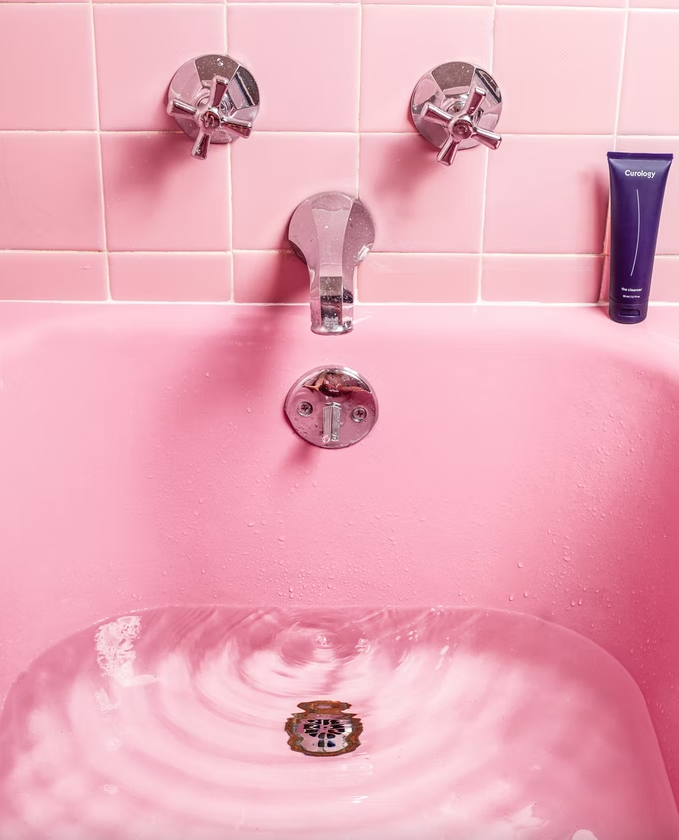6 Signs You Need to Get Backflow Testing

Did water ever flow backwards into your sink? If so, you may have a backflow problem. Keep reading!

Photos By: Unsplash
Do you own or operate a business that uses water? If so, it’s essential to be aware of the dangers of backflow. Backflow occurs when water flows backwards into your piping system, potentially contaminating your water supply.
There are many potential causes of backflow, including faulty plumbing, broken seals or valves, and even heavy rains or floods. That’s why it’s so important to have your business regularly tested for backflow.
The Signs You Need Backflow Testing
Not sure if your Naperville business needs Naperville backflow testing? Here are six signs that it might be time to schedule a test:
1. You’ve never had a backflow test before
If you’ve never had a backflow test before, it’s definitely time to get one. All businesses that use water should be regularly tested for backflow in order to protect their water supply from contamination.
2. It’s been a while since your last test
If it’s been more than a year since your business was last tested for backflow, it’s probably time to schedule another test. Backflow can occur at any time, so it’s important to be as proactive as possible in preventing it.
3. You’ve made changes to your water system
Any time you make changes to your water system – such as adding new plumbing fixtures or installing a new water heater – it’s important to have your business tested for backflow. These changes can increase the risk of backflow, so it’s important to be sure that your system is still safe.

4. You’ve experienced problems with your water pressure
If you’ve noticed a sudden drop in water pressure, it could be a sign of backflow. Backflow can cause water to flow backwards through your piping system, which can lead to a drop in water pressure.
5. You’ve had problems with your water quality
If you’ve noticed a sudden change in your water quality – such as a strange taste or odor – it could be a sign of backflow. Backflow can contaminate your water supply, so it’s important to be sure that your water is safe to drink.
6. You’re required to have a backflow test
In some cases, businesses are required by law to have their water systems tested for backflow. If you’re not sure if your business falls into this category, it’s best to check with your local water authority.
If you notice any of these signs, it’s important to have your business tested for backflow as soon as possible. Backflow can contaminate your water supply and pose a serious health hazard, so it’s important to be proactive in preventing it.
Consequences of Delaying Backflow Testing
There are many potential consequences of delaying backflow testing, including:
1. Contaminated water
Backflow can contaminate your water supply with harmful bacteria, chemicals, and other contaminants. This can pose a serious health hazard to you and your employees.
2. Damaged pipes
If backflow occurs often, it can damage your pipes and cause them to break. This can lead to costly repairs or even replacement.
3. Poor water quality
If backflow occurs, it can contaminate your water supply and cause a drop in water quality. This can make your water unsafe to drink or use for cooking.
4. Increased water bills
If backflow occurs often, it can damage your pipes and cause them to break. This can lead to increased water bills as you’ll have to pay for the repairs or replacement.
5. Fines
In some cases, businesses that don’t test for backflow can be fined by their local water authority. Don’t delay – if you think your business needs backflow testing, it’s important to schedule a test as soon as possible. Backflow can occur at any time, so it’s important to be proactive in preventing it.






